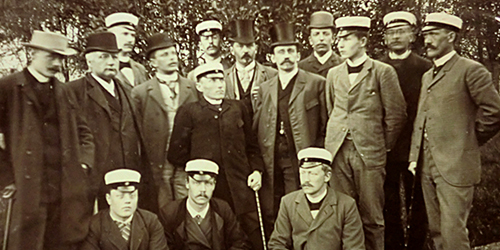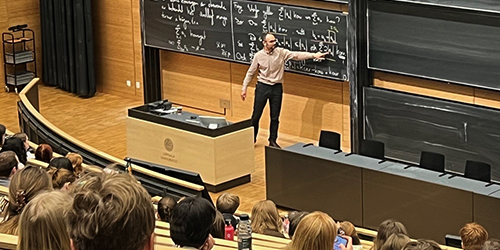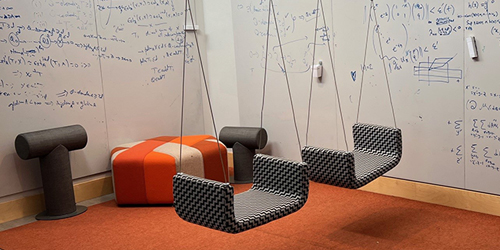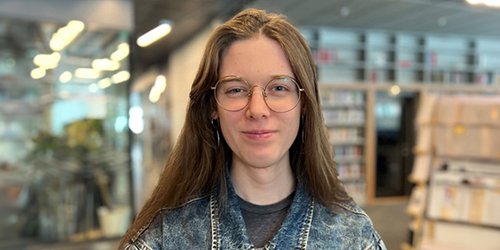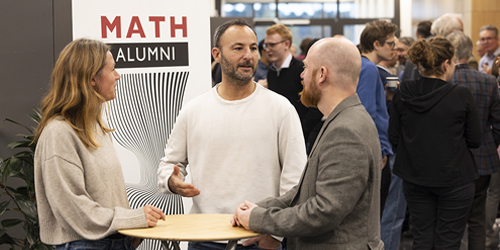About the Department of Mathematics
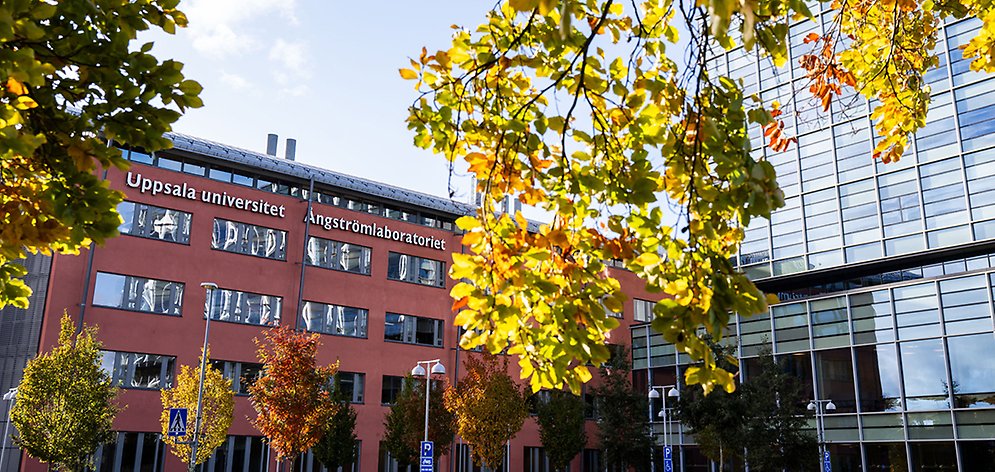
We conduct high-quality research and education in a wide range of mathematical fields. Our researchers seek truth and elegant solutions at the cutting edge of research and, as teachers, they provide our students with the tools to understand our world and solve its problems. We have an attractive and dynamic research and study environment with many visitors, seminars and other events. Welcome to our campus!
Uppsala University is known for its strong research environment in mathematics. It has traditionally been dominated by analysis. You may have heard of Lennart Carleson, who was awarded the Abel Prize, or Arne Beurling, who cracked the German coding machine G-writer during the Second World War. Since then, many other areas have grown strong, such as combinatorial probability theory, analytic number theory, symplectic geometry, dynamical systems and representation theory.
The department is located at the Ångström Laboratory together with most other departments in the natural sciences and engineering and is part of the Faculty of Science and Technology.
The department has around 130 employees, including about 40 PhD students. We are responsible for the Bachelor's and Master's programmes in Mathematics and teach about 120 courses in many different programmes, both within and outside the Faculty - some also as stand-alone courses. Almost all of our teachers are also active researchers with great pedagogical skills and commitment to our programmes.
Outreach and collaboration are important to us and take place both within and outside the subject and the academy, with the rest of society, nationally and internationally. We host the Centre for Geometry and Physics and the Centre for Interdisciplinary Mathematics.
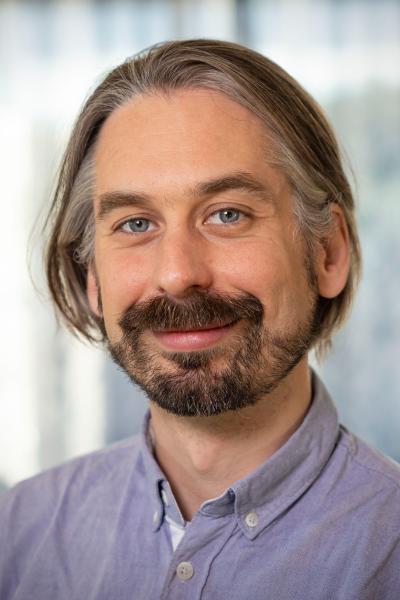
Georgios Dimitroglou Rizell, Head of the Institution.
Come and visit us

Pi celebrations are only on 14 March, but you are of course welcome every day. Here you will find a map and visitor info
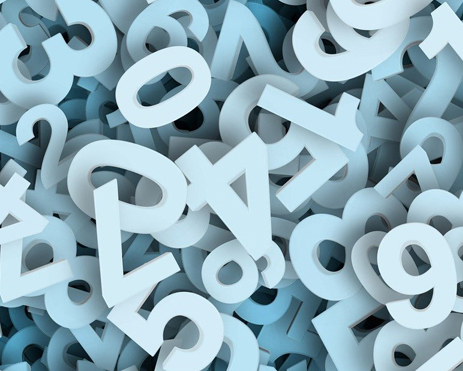
The department in figures
- Turnover: 139 million
- Employees: 125 (25% women)
- PhD students: 41 (20% women)
- Students: around 740 full-time equivalent (34% women)
- Nationalities: around 10
- Undergraduate and postgraduate courses: about 120
- Degree programmes in mathematics: 2 (3 with the teacher training programme)
- Doctoral degrees: about 8 per year
- Licentiate degrees: about 8 per year
- Publications in international journals/year: about 110
Data refer to 2023.
Mathematic association
